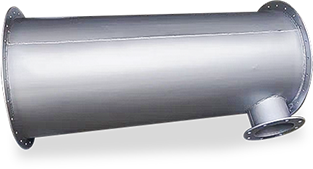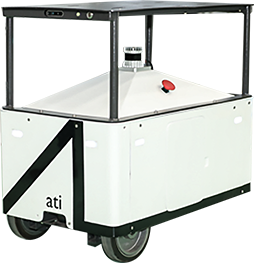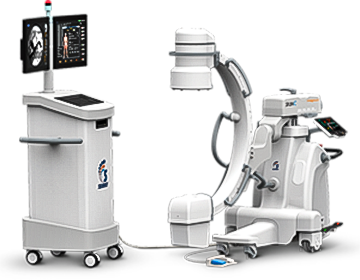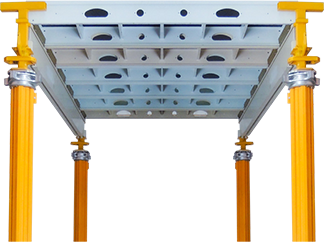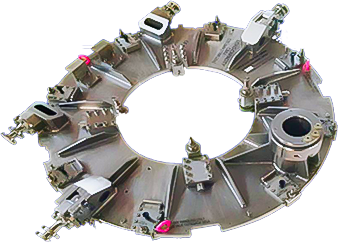Sheet Metal Tool Steel
Material Description
Tool steel is a specialized class of high-carbon and alloy steels engineered to withstand the rigors of heavy-duty mechanical operations, particularly in the realm of cutting, shaping, and forming materials. It is characterized by its exceptional hardness, wear resistance, and ability to maintain a sharp cutting edge even under high-temperature conditions. Tool steels typically contain varying amounts of carbon, alloying elements such as chromium, vanadium, and tungsten, which enhance their mechanical properties. The specific composition and heat treatment of tool steels are meticulously controlled to achieve the desired combination of hardness, toughness, and dimensional stability.
Tool steel is an indispensable material in manufacturing and metalworking industries, widely used to produce cutting tools, dies, molds, and other equipment that require precision and durability. It comes in various grades, each tailored for specific applications, ranging from cold work tool steels, suitable for cutting or forming materials at or near room temperature, to hot work tool steels, designed to withstand high-temperature operations like forging and extrusion. Furthermore, high-speed steels are a subset of tool steels developed for applications involving high cutting speeds and elevated temperatures. In essence, tool steel is the backbone of many industrial processes, enabling the creation of intricate and precise parts while withstanding extreme wear and mechanical stress.
Grades
D2, A2, M2
Finishing Options
Grinding, Polishing, Nitriding, PVD, DLC & CVD Coating
| Density | Tensile Yield Strength (MPa) | Fatigue Strength (MPa) | Hardness (Brinell) | Thermal Conductivity (W/m-K) | Coeff. of Thermal Expansion (mm/mdeg) | Electrical Resistivity (micro Ohm-cm) |
|---|---|---|---|---|---|---|
| 7800 | 600-1,800 | 300-600 | 600 - 700 | ~25-37 | 10-12 | 45-60 |
Design Recommendation
When designing for tool steel applications, it’s crucial to prioritize material selection, heat treatment, and geometry to ensure optimal performance. Choose the appropriate tool steel grade based on the specific requirements of your tool, considering factors like hardness, toughness, wear resistance, and corrosion resistance. Ensure precise heat treatment to achieve the desired mechanical properties. Additionally, design tools with efficient geometries to minimize stress concentration, maximize tool life, and enhance overall functionality. Regular maintenance and monitoring of tool performance are also essential to ensure longevity and consistent results.
Cost Saving Tip
To economize in tool steel sheet metal fabrication, invest in advanced CNC machining for precise tooling. CNC machining extends tool life, reducing the frequency of costly tool replacements. This results in considerable long-term cost savings, making CNC machining a prudent choice for tool steel fabrication.
